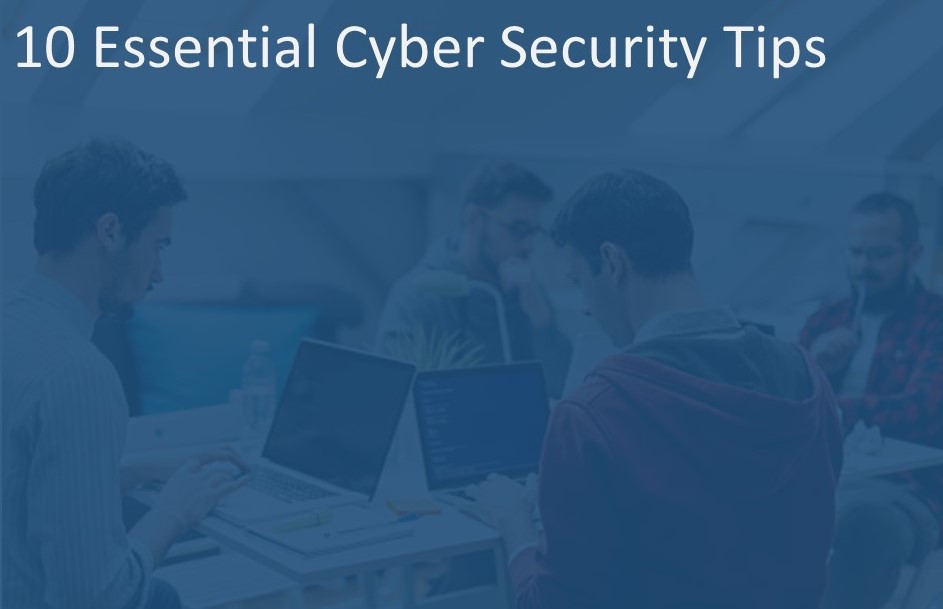In today’s interconnected world, cyber threats have become a significant concern for businesses of all sizes. From data breaches to ransomware attacks, the potential risks are numerous. To safeguard your company’s sensitive information and maintain the trust of your clients, implementing robust cybersecurity measures is essential. Here are ten crucial tips to bolster your company’s cyber defenses:
1. Employee Training and Awareness
One of the weakest links in any cybersecurity system is human error. Regular training and awareness programs are vital to educate employees about phishing attacks, social engineering tactics, and best practices for password management. Encourage a culture of security consciousness within your organisation.
2. Strong Password Policies
Implement strict password policies that require employees to create complex passwords and change them regularly. Encourage the use of password managers to generate and store secure login credentials.
3. Multi-Factor Authentication (MFA)
Require the use of multi-factor authentication for accessing sensitive systems and data. MFA adds an extra layer of security by requiring users to provide multiple forms of identification before granting access.
4. Regular Software Updates and Patch Management
Ensure that all software, including operating systems, applications, and security tools, are up-to-date with the latest patches and security updates. Vulnerabilities in outdated software are a common entry point for cyber attackers.
5. Firewall and Intrusion Detection Systems
Install and configure firewalls to monitor and filter incoming and outgoing network traffic. Additionally, employ intrusion detection systems to identify and respond to suspicious activities in real-time.
6. Data Encryption
Encrypt sensitive data both in transit and at rest. This ensures that even if data is intercepted, it remains unintelligible to unauthorised parties.
7. Regular Backups
Perform regular backups of critical data and ensure that they are stored in a secure location. In the event of a ransomware attack or data loss, having recent backups can be a lifesaver.
8. Access Controls and Privilege Management
Limit access to sensitive information on a need-to-know basis. Employees should only have access to the data and systems required for their specific roles.
9. Incident Response Plan
Develop and document an incident response plan that outlines the steps to be taken in the event of a cyber incident. This plan should include procedures for notifying stakeholders, containing the breach, and restoring normal operations.
10. Regular Security Audits and Testing
Conduct regular security audits and penetration testing to identify vulnerabilities and weaknesses in your systems. This proactive approach allows you to address potential issues before they can be exploited by cybercriminals.
By implementing these essential cybersecurity tips, your company can significantly reduce the risk of falling victim to cyber threats. Remember, cybersecurity is an ongoing process that requires vigilance and adaptability to stay ahead of evolving threats. Stay informed about the latest trends and technologies in cybersecurity to ensure your company remains secure in an ever-changing digital landscape.

